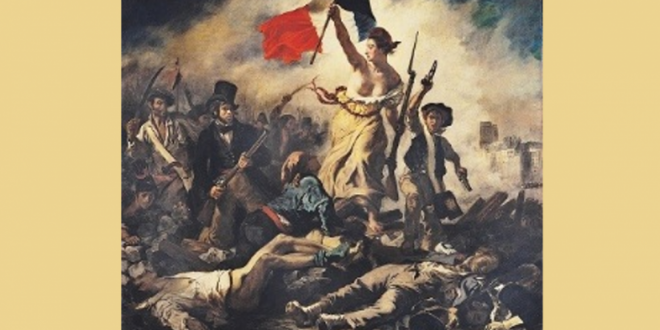21 September 2017, 4 pm, Odette Hall 323
On the eve of 1835, the German states implemented a complete ban of several writers purportedly belonging to a conspiracy named The Young Germany. This was done at the bidding of Chancellor Metternich of Austria, architect and zealous guardian of the post-Napoleonic political order in Europe. Why did Metternich involve himself personally in the persecution of a small band of writers? We can trace the genesis of the ban back to Metternich’s reading of a particular book, Heinrich Heine’s Zur Geschichte der Religion und Philosophy in Deutschland. This book, Metternich believed, posed a grave threat to the public order in its very foundations. What made the book so dangerous, so Metternich, was not only the ideology of emancipated sensuality it promoted, but also, and more importantly, the style in which it was written, a style that appeared to field sensuality for the purpose of its own liberation. In his research, William Ohm inquires into this overlooked observation of Metternich’s, investigating whether there is a correspondence between content and form in the History, and what significance this correspondence may hold for Heine studies and beyond. In this talk, he will give an introduction to the discoveries made so far.
WILLIAM OHM is a PhD Candidate in the Department of Germanic Languages & Literatures at the University of Toronto.
If you have any accommodation needs, please e-mail german@chass.utoronto.ca five business days prior to the event, and we will do our best to assist you.
 Department of Germanic Languages & Literatures University of Toronto
Department of Germanic Languages & Literatures University of Toronto
